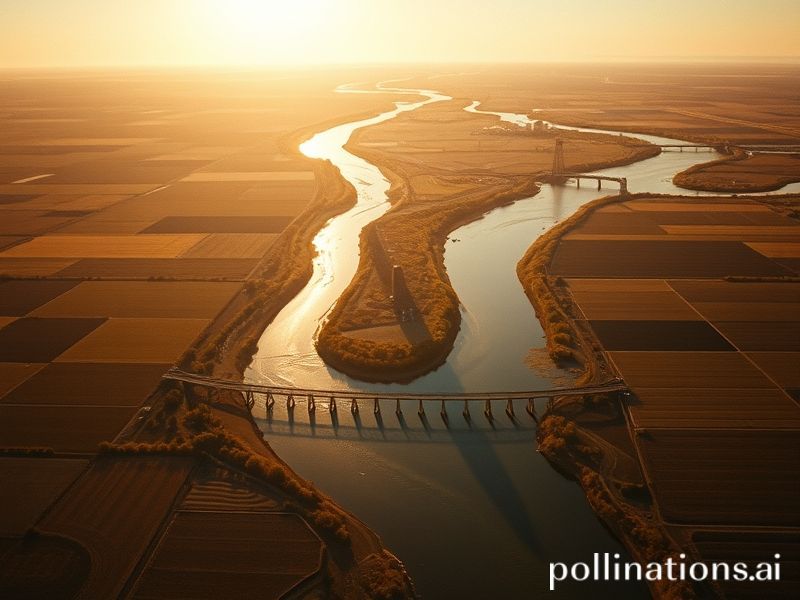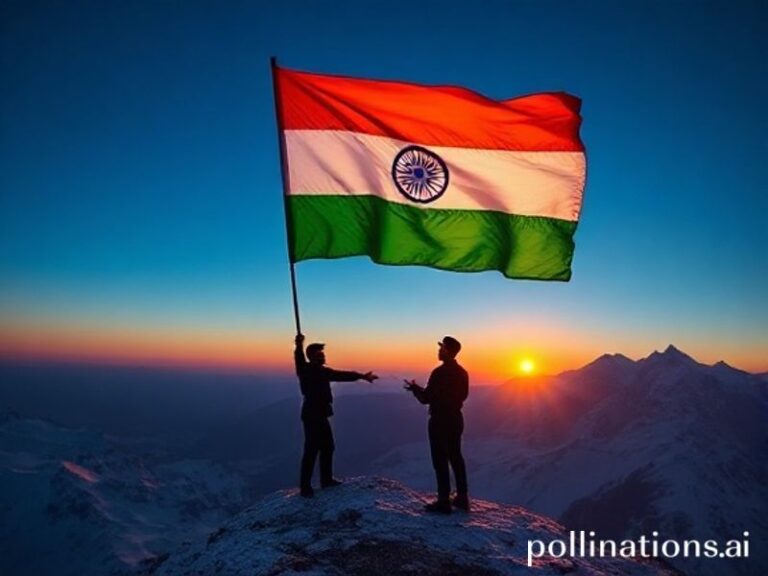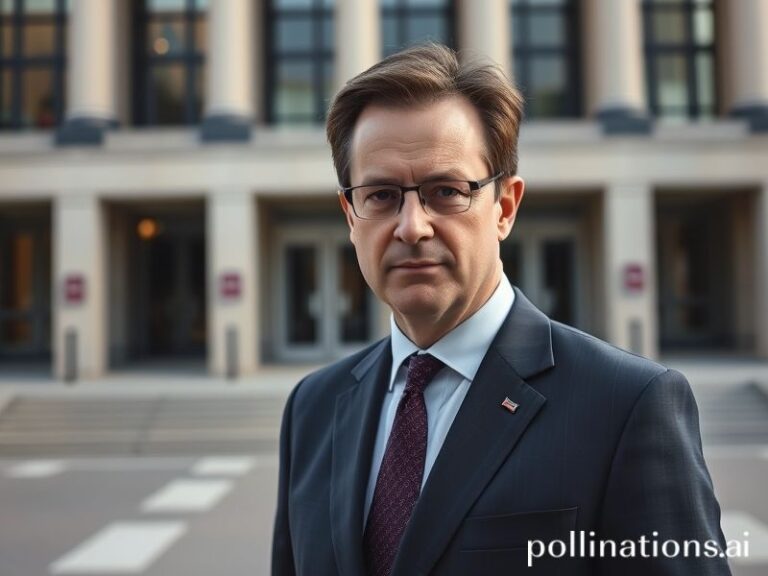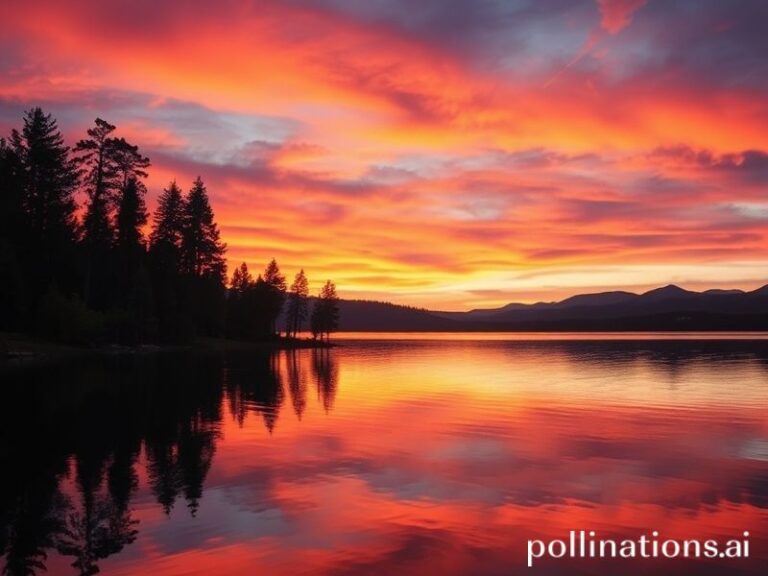Why the World Secretly Runs on Omaha: Buffett, Bunkers and Other Heartland Mirages
Omaha, Nebraska – a city whose name most of the planet only recognises from a 1995 Soderbergh film or from Warren Buffett’s annual shareholder jamboree, where billionaires pretend that cherry Coke counts as a food group. Yet this modest Midwestern grid of stockyards and start-ups has quietly become a geopolitical Rorschach test: what you see in Omaha says more about your corner of the world than it does about the place itself.
To the Asian sovereign-wealth funds who funnel cash into Berkshire Hathaway, Omaha is a fiduciary Lourdes—come bathe in the oracle’s cash-flow, maybe leave with a dividend miracle. To European agritech firms, it is the anxious bellwether of soil futures: if Nebraska’s corn sweats, Rotterdam’s feed prices get the vapours. And to Russian military analysts—yes, they still do that—Offutt Air Force Base, just south of town, remains one of the few U.S. installations capable of commanding nuclear forces after Washington evaporates. Nothing says “quaint heartland charm” like being Ground Zero for Armageddon’s backup plan.
Walk the Old Market on a Saturday and you can watch the contradictions play out in real time. Sudanese refugees dish artisanal tacos to tourists from Shanghai who complain the 5G is patchy. A block away, a third-generation cattle broker haggles over futures contracts that will decide whether Egyptian bakers can afford bread next quarter. The broker still calls the refugees “newcomers,” a Midwestern euphemism that translates globally as “people we haven’t decided to blame yet.”
Buffett likes to say he invests in companies an idiot could run “because someday one will.” The same could be said for the global system’s faith in Omaha’s numbers. Every May, journalists from five continents descend to ask an 93-year-old man why he still has a flip phone. They file 2,000-word dispatches on “core American values,” then fly home to cities where those values are primarily useful as cautionary tales. The copy is due before the jet-lifted coronaries hit; nothing focuses the mind like imminent deep-vein thrombosis.
Meanwhile, the city’s underground flood barriers—built after the ’93 deluge—are being quietly raised again. Climate change, that unwelcome tourist, doesn’t care about your value-investing philosophy. If the Missouri River decides to reroute, the Berkshire shareholders will need more than discounted See’s Candies to stay afloat. Analysts in London call this “stranded-asset risk”; locals call it “Tuesday.”
Still, Omaha keeps exporting stability in exchange for admiration. Japanese pension funds buy Nebraska farmland because it never coups. Brazilian fintech copycats crib the “Berkshire model,” minus the bit about integrity. Even the Taliban, back in power and hungry for legitimacy, reportedly studied Mutual of Omaha’s branding before launching their own insurance scheme—proof that death coverage, like death itself, remains a growth market.
The cruel joke, of course, is that Omaha’s reputation for simplicity is itself a complex PR campaign. The city runs on the same algorithms, supply-chain anxiety and leveraged speculation that jitter through Shanghai or Frankfurt. It just hides the wiring better, behind polite nods and casseroles capable of stopping cholesterol clocks. International observers keep looking for the secret sauce, unaware the recipe is equal parts denial and low cost of living.
So, yes, visit for the steak, stay for the strategic nuclear command, and leave with the smug assurance that somewhere out on the plains, the world still makes sense. Just remember: every time a foreign correspondent declares Omaha “the last real place on Earth,” a local realtor raises the rent. Globalisation, like God, works in mysterious—and deeply sarcastic—ways.







